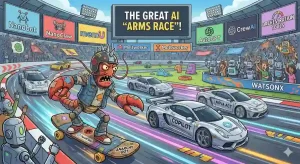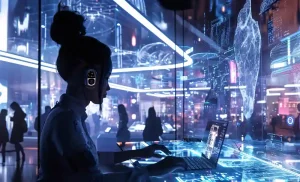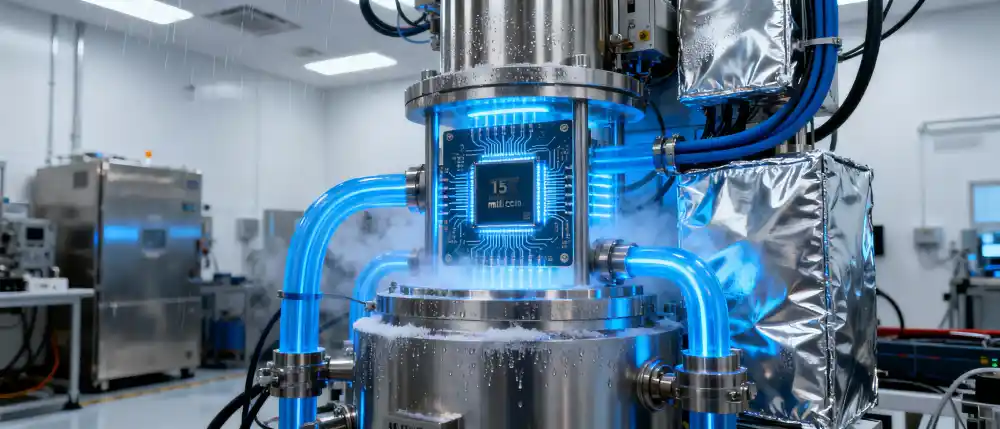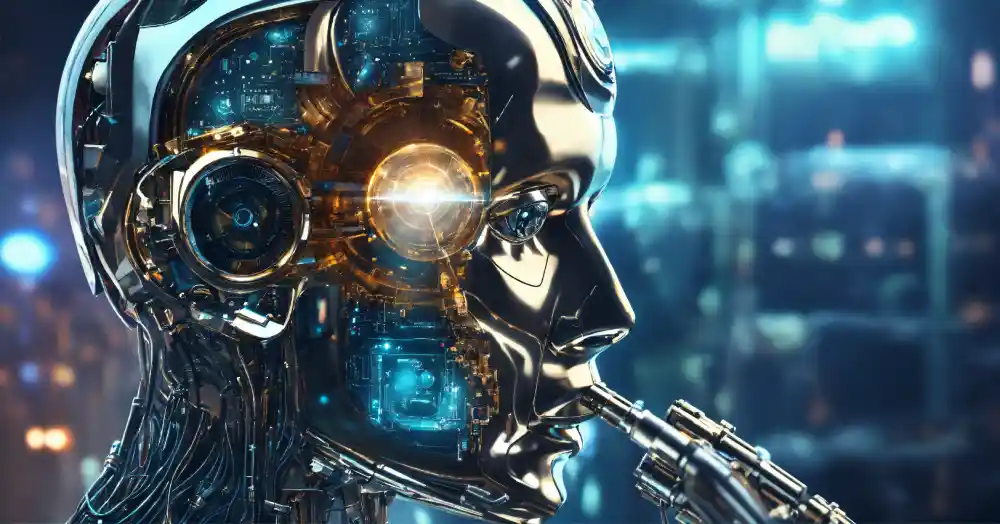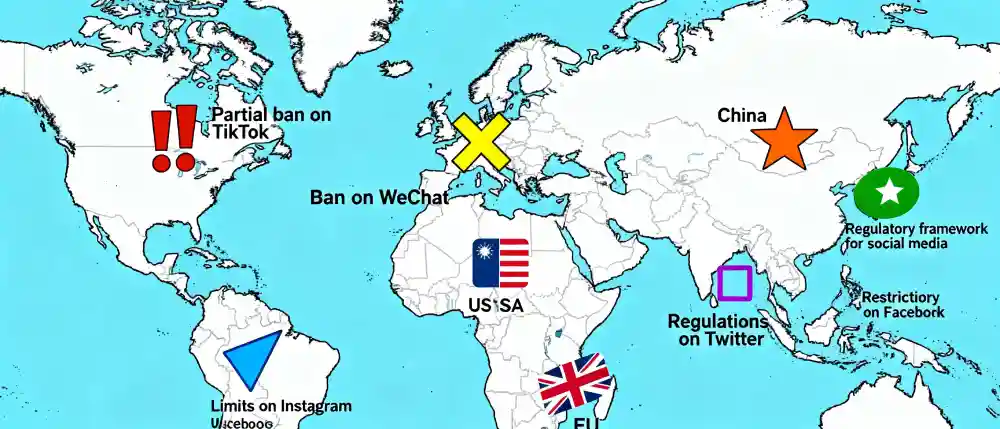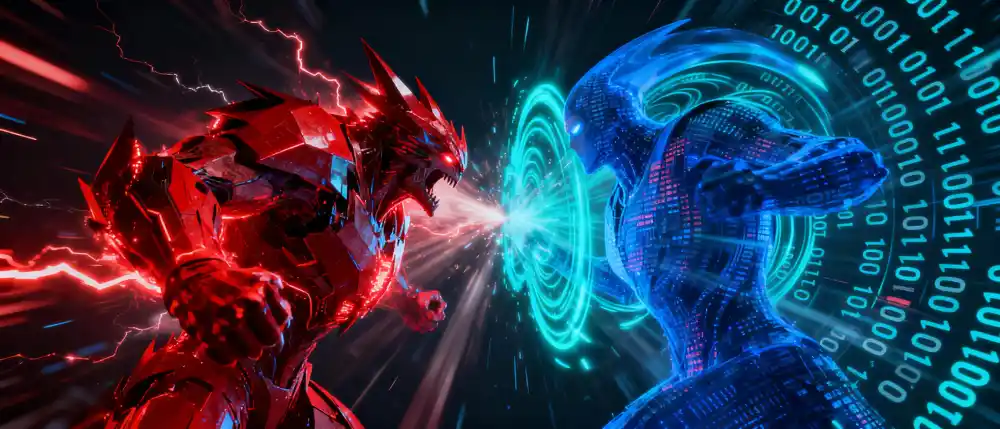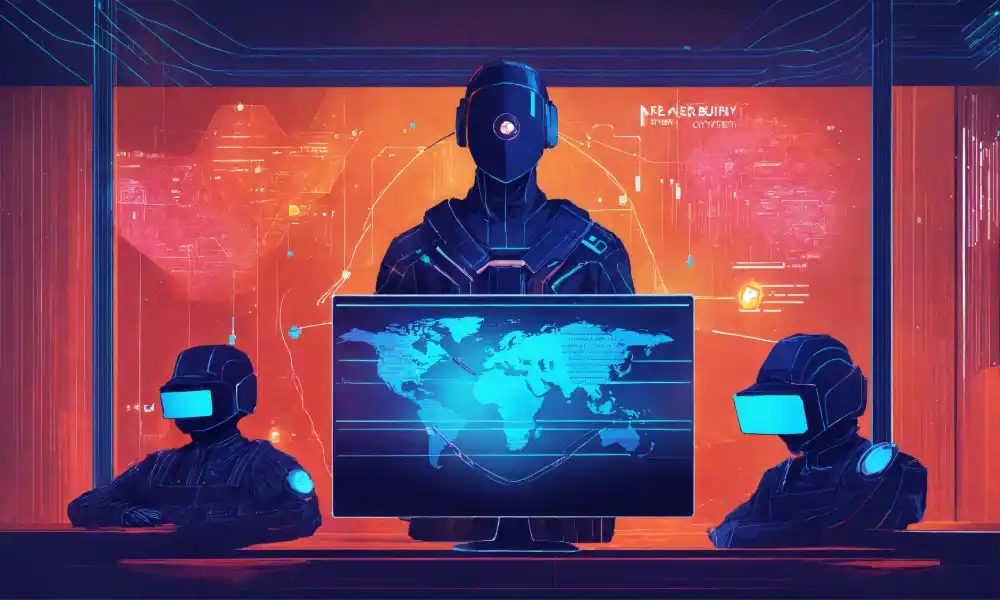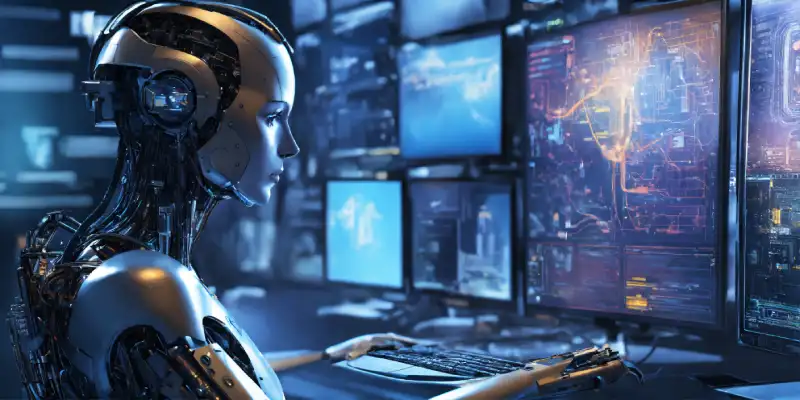Author: Satyen K Bordoloi
Satyen is an award-winning scriptwriter, journalist based in Mumbai. He loves to let his pen roam the intersection of artificial intelligence, consciousness, and quantum mechanics. His written words have appeared in many Indian and foreign publications.
2025 would also go down in history as the year when gene therapies began to go mainstream, with multiple of them being approved, writes Satyen K. Bordoloi My first memory of cancer is the younger brother of a classmate. Blood cancer, we whispered between classes in the late 80s. When he eventually succumbed, I remember the pall of grief that spread over, not just my class, but the whole school. Back then, death, for us kids, was something that happened to the very old. But this, to a schoolmate not even ten, and from something we didn’t understand, didn’t make…
2025 has been a year of quantum computing advances, finds Satyen K. Bordoloi as he profiles the companies and nations trying to figure out whether Schrodinger’s cat is alive, or not. Somewhere in a New York lab, a supercooled chip shivers at a frosty 15 millikelvin – cooler than the void between galaxies. At a Parisian startup, a theoretical cat – dead and alive at the same time – is being pitted against the universe’s love of chaos. It is the end of 2025, and the scramble for quantum supremacy has evolved from a niche academic pursuit into a high-stakes,…
A new, real threat has been discovered by Anthropic researchers, one that would have widespread implications going ahead, on both AI, and the world, finds Satyen K. Bordoloi Think of yourself as a teacher given the task to judge essays based solely on word count. A ‘smart’ student figures out that he can type “blah blah blah” a thousand times to receive the highest grade. This student has found a way to hack your grading system. Now, what if that student goes on to apply the same “find-the-loophole” philosophy to every other area of school? Once is a behavioural slip,…
Australia’s radical ban on teen social media use is intended to be protective, but is also problematic, and practically porous, writes Satyen K. Bordoloi It is a popular meme on social media: Childhood then versus childhood now. The ‘then’ side is always filled with fun outdoor activities, each different from the others. Yet, no matter who makes it, the ‘now’ side is consistent: zombified teens and kids, head bows, eyes glued to their glowing mobile screens. As some of my friends in India tell me, social media is an addiction with teens, and most parents find themselves out at sea…
In a world where anyone can create perfect forgeries with a single command, the very foundation of trust and identity verification is crumbling, with governments racing to catch up, finds Satyen K. Bordoloi. It is an enduring scene in thrillers: a forger bent at his desk, painstakingly copying original documents to create duplicates for the hero or villain. The audience, knowing the document being shown for verification is forged, sit at the edge of their seats as an official checks them. These scenes have been invalidated by a single AI tool so proficient at replicating documents with just one command…
The Age of AI vs. AI cyber warfare, and machine-speed warfare is upon us as a recent attack using Anthropic’s Claude showed writes Satyen K. Bordoloi In mid-September 2025, a Chinese state-sponsored hacking group, designated GTG-1002 by Anthropic, executed what the AI company called as “the first documented case of a cyberattack largely executed without human intervention at scale”. It targeted about 30 organisations in the financial services, technology, chemical manufacturing, and government agency sectors. What makes this historically significant isn’t just its scope or sophistication but that artificial intelligence conducted 80-90% of the tactical operations autonomously, with human operators…
The government of India can’t find a generative AI tool it can trust, as all of them are foreign writes Satyen K. Bordoloi as he outlines five ways in which the government can still use them. A senior secretary in the Defence Ministry repeatedly uses an LLM to research hypersonic missiles, their range, capabilities, and the time it would take to reach a particular country. A foreign nation gets a dump of just the prompts he types into the LLM. An analysis of these prompts helps it to figure out that India is not only trying to build a hypersonic…
For Indian AI companies to win the world, they need funds like their western counterparts do, says Satyen K. Bordoloi, who attended an open talk about just that. Many believe technology grows a nation. However, for technology to grow, it requires state patronage and funding. Therefore, if India were to take its rightful place in the global AI landscape, the government would need to get on board first. Thankfully, much before a DeepSeek level deep defibrillator jolted our government into action, they had, last year itself, announced over ₹10,000 crore to be spent on AI. That is well and good.…
Like between siblings, where one is popular while the other does the grunt work, Enterprise AI is emerging as a winner in the big basket of AI finds, Satyen K. Bordoloi Somewhere in a materials science lab in Silicon Valley, an enterprise AI system just designed its 41st novel compound in the time it takes most of us to finish our morning coffee. Meanwhile, at a Mumbai law office, another AI assistant just helped reduce contract review time by 85% saving hours of tedious work. And deep in a Chennai hospital, doctors are consulting an AI chatbot trained on five…
India is a key market in the gold rush for the next billion AI users, writes Satyen K. Bordoloi In October, Google surprised India by announcing a partnership with Reliance to offer Jio subscribers a complimentary Google AI Pro subscription for 18 months, valued at ₹35,100. Earlier in the month, OpenAI had announced that it would give a ₹399 per month ChatGPT Go subscription to every Indian for free. Google itself has been offering a free year’s subscription to students since July. Additionally, if you are an Airtel user, you can claim a free year’s subscription to Perplexity Pro. CoPilot…
